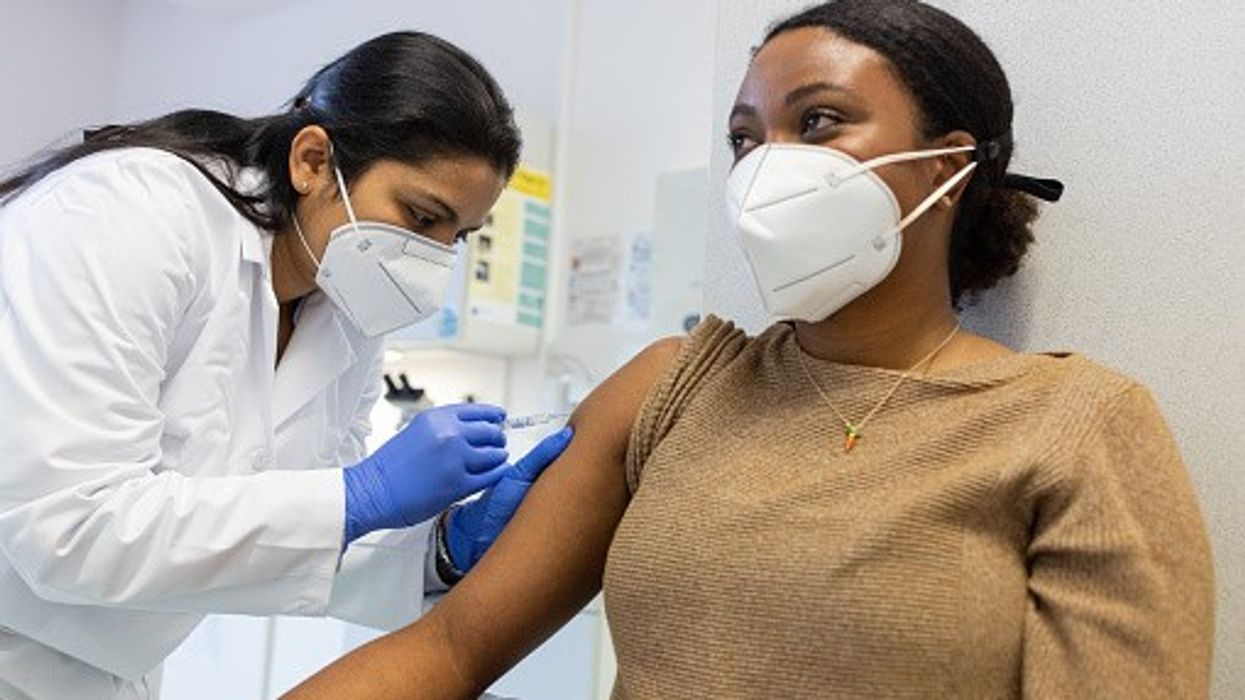NPA highlights early challenges faced by community pharmacies in the Covid-19 vaccination programme to the Inquiry
Community pharmacies played a crucial role in the Covid-19 vaccination programme, delivering over 42 million Covid-19 vaccinations. Nevertheless, the National Pharmacy Association (NPA) believes that there are valuable lessons to be learned to improve the health service's response to future crises.
The association highlighted key areas for improvement in its oral statement during the public hearings for Module 4 of the UK Covid-19 Inquiry—focusing on Vaccines and Therapeutics—on 15 January.
Representing the NPA, legal representative Deirdre Domingo urged the Inquiry to consider the following points to optimise the delivery of future vaccination programmes.
- Effective planning and the involvement of community pharmacy from the outset
- Improving operational delivery of the vaccination booking system
- Addressing vaccine hesitancy and equality issues
- Utilising existing resources and expertise
- Reducing the unrealistic expectations on healthcare workers and managing the impact on them
The NPA argued that community pharmacy should have been consulted and involved earlier in the planning process, particularly given its years of experience and expertise in delivering annual flu vaccinations and given the reach and resources of the approximately 13,000 community pharmacies embedded in communities across the UK.
Instead, community pharmacy was initially given a “gap in service” role, which failed to utilise their experience, expertise, and resource.
The NPA told the Inquiry that there were “unnecessary and arbitrary” requirements that prevented the participation of smaller pharmacies in the initial phases of the vaccination delivery.
For instance, participation in Phase 1 in England required pharmacies to administer a minimum of 1,000 vaccine doses per week and operate from 8am to 8pm, seven days a week. However, many smaller pharmacies lacked the physical space and staffing capacity to meet these demands. Due to these restrictions, only six community pharmacies were involved in the initial wave of Phase 1 of the programme.
Community pharmacies faced additional challenges, including the different storage requirements for vaccines and the already stretched community pharmacy services as a result of the impact of the pandemic.
The NPA also observed that having a dual booking system for vaccination appointments was “inefficient and wasteful.”
Two booking systems were used for vaccination appointments: the National Booking System for community pharmacies and vaccination centers, and AccuRx, often used by general practices.
“The two systems did not share information, causing duplicate bookings, which resulted in missed appointments and adversely impacted efficiency,” the association told the Inquiry.
The NPA also pointed out that the significance of vaccine hesitancy as an issue was not appreciated early enough, and there was a delay in recognising the positive role that community pharmacy was able to play in addressing this issue.
The NPA believes that healthcare services, including vaccination programmes, are more effective and efficient when built and delivered through existing healthcare infrastructure, which includes the widespread community pharmacy network.
While the Inquiry is addressing the impact of the pandemic on healthcare workers within Module 3, the NPA suggested that it would also be helpful to consider these impacts within Module 4.
“Healthcare workers who were already working in a system stretched to breaking point by the pandemic, provided crucial vaccination services on top of existing commitments, many working almost continuously with little sleep or time to spend with their families.
“Notwithstanding its success, this is not a safe or sustainable model for the delivery of future vaccination programmes,” the NPA said.
The NPA urged the Inquiry to consider and recognise the invaluable contribution of volunteers to the success of the vaccination programme.
As the representative body of independent community pharmacies across the UK, the NPA is a core participant in the Inquiry.













